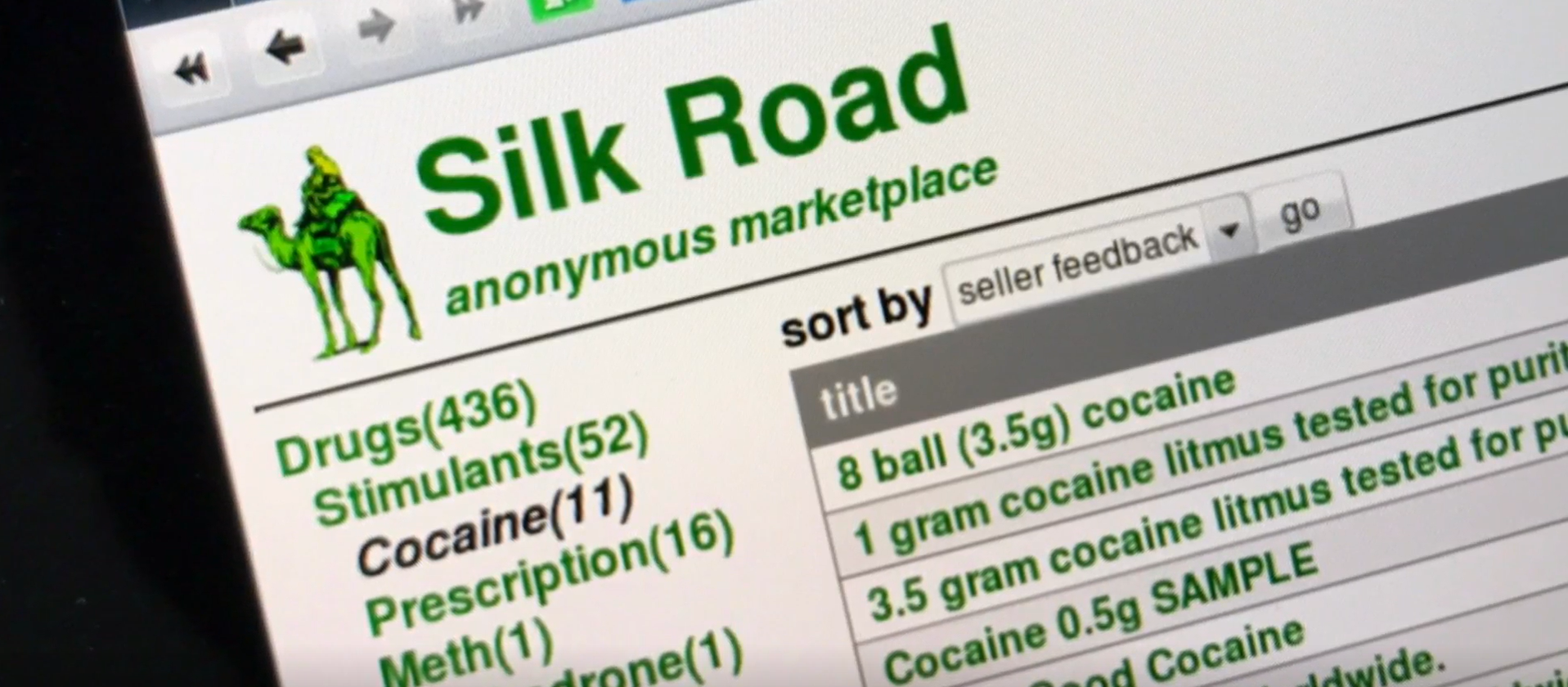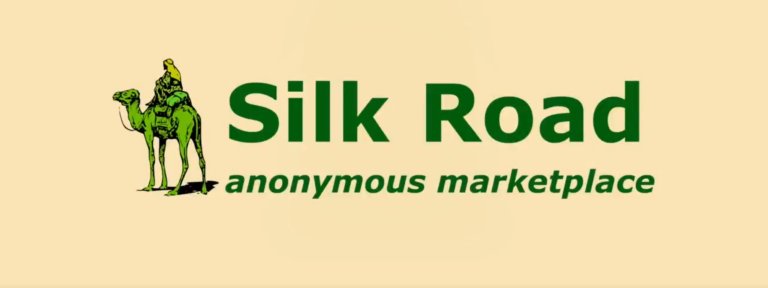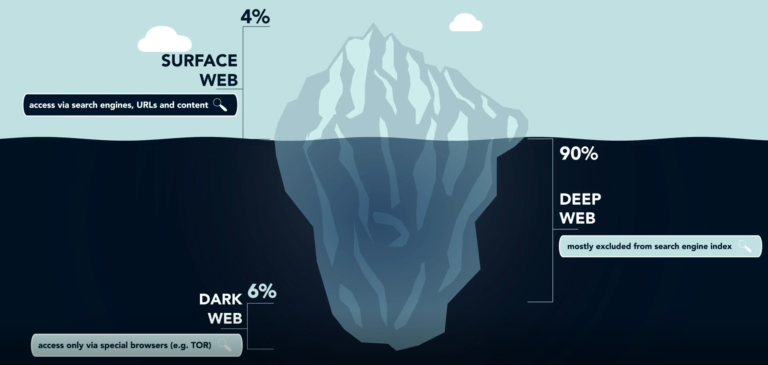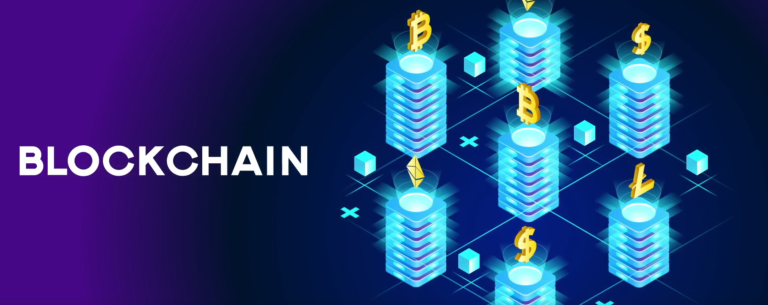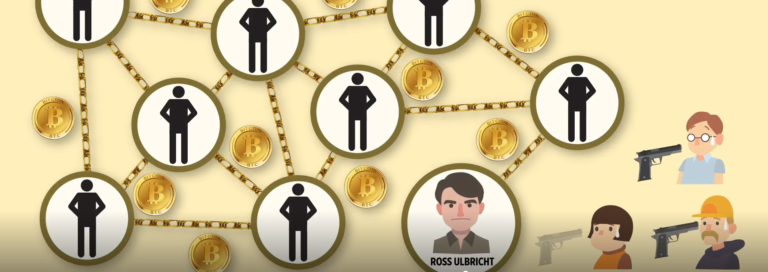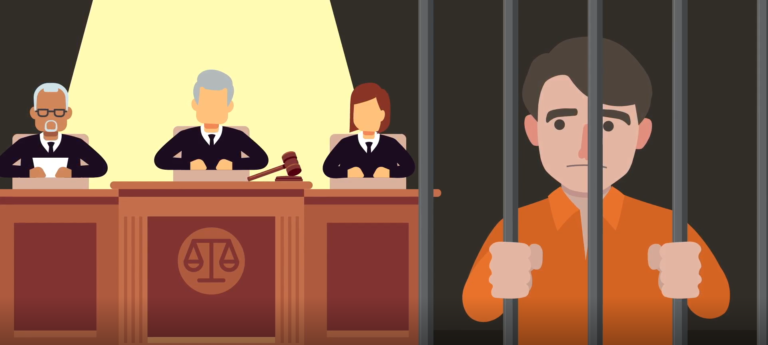Transcript
We love this case, because it’s like straight up out of a movie, right? This 28-year-old guy, who’s seemingly very normal, was leading, in many ways, what was considered one of the largest marketplaces for illegal behaviour that the world had ever seen before, making billions of dollars.
People get arrested all the time for doing illegal behaviour: selling drugs, weapons, etc. all these kinds of very similar things that Mr. Ulbricht has been charged with and convicted for. But what’s so special about this case, as it relates to FinTech ethics in particular?
First of all, as the nature of these crimes related to FinTech becomes increasingly cyber, the ways that law enforcement has to police these crimes are also becoming increasingly cyber. A lot of the tools used by Mr. Ulbricht and other people within that marketplace on the dark web were actually used by law enforcement as well. For example, when they went undercover, they were not literally changing their identity or the way that they looked, but they were creating usernames and profiles so that they could infiltrate those market spaces. They could be doing this remotely from somewhere in Wisconsin, and talking to Ulbricht in San Francisco or wherever he was. Personally, in some of the law enforcement work that David Bishop has done, it is the same thing. A lot of the investigative work is done now by sitting in front of a computer trying to put together financial documents and transactions to identify where the various actors are.
Moreover, there have been large-scale drug sellers in the past, but the fact that Silk Road was able to rely on cryptocurrencies, particularly Bitcoin, to facilitate the transactions was unique historically.
The second thing that immediately stands out is the subjectivity of ethics. Mr. Ulbricht claimed to be a libertarian and believed that the government and regulation is inherently evil. According to him, the government should not have a monopoly on violence, especially in terms of drug trafficking and whatnot. So he wanted to create a marketplace that was free from government interventions. He believed, or at least he claimed to believe, that this type of online marketplace would actually be inherently more ethical and more moral than the violence that occurs every day with drug trafficking into the United States.
This explains why it is so difficult to have a global or even consistent dialogue concerning what is ethical. We think it is going to become increasingly hard because of the transnational and global nature of not only crimes but also commerce in general.

